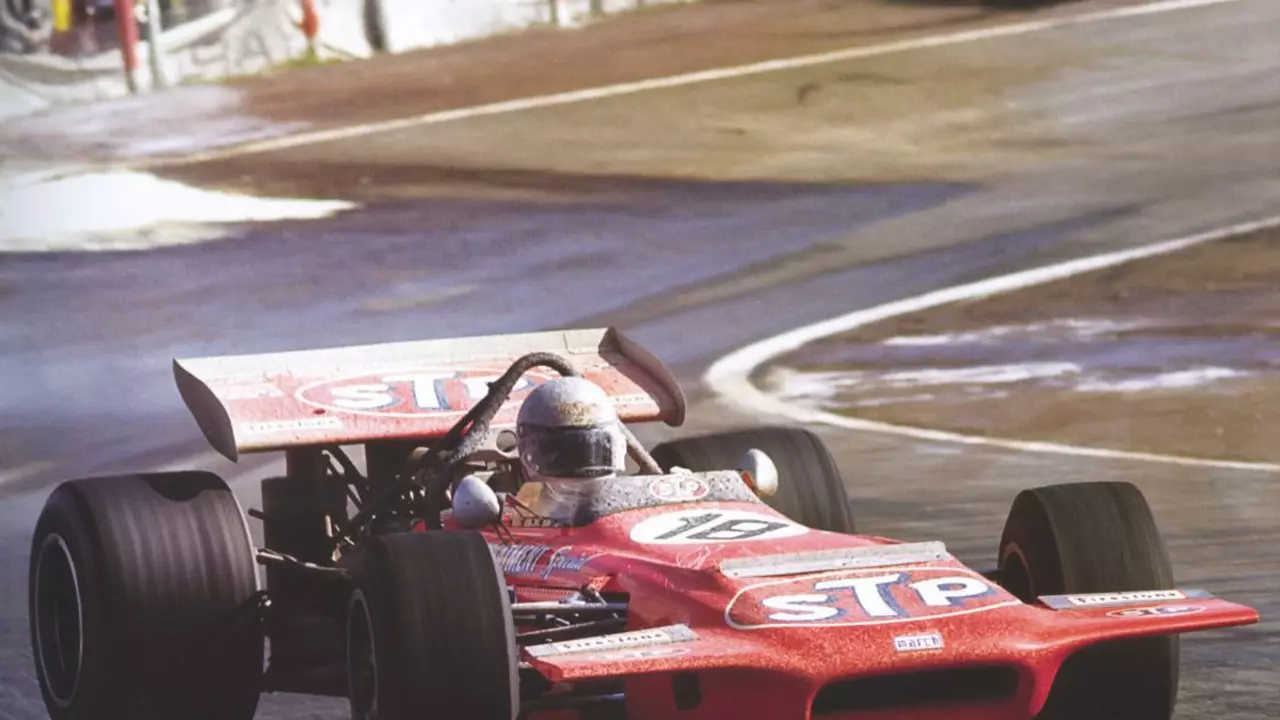
Understanding the Basics of F1 and IndyCar Racing
Before we delve into the question of whether a Formula 1 car could win an IndyCar race, it's vital that we first understand the fundamental aspects of both racing categories. Formula 1 (F1) racing is an international motorsport that is regarded as the pinnacle of auto racing. The cars used in F1 are single-seat, open-wheel vehicles that are designed for speed, agility and performance. On the other hand, the IndyCar Series is a premier level of American open-wheel racing. Although both categories feature open-wheel cars, there are significant differences between them in terms of design, engine power, and track types.
Comparing the Technical Specifications
Now that we've understood the basics, let's take a closer look at the technical specifications of both F1 and IndyCar vehicles. F1 cars are lighter, more powerful, and more technologically advanced compared to IndyCars. They are built to reach higher speeds, but also to handle the tight corners and rapid direction changes of road and street circuits. IndyCars, on the other hand, are heavier and have less horsepower, but they are designed for endurance and to withstand the high-speed oval tracks that are common in the IndyCar Series.
Considerations About the Tracks
The performance of a race car is heavily influenced by the nature of the track. F1 races are held on a variety of tracks, including street circuits, road courses, and even hybrid tracks. These tracks usually have a mix of high-speed straights, tight corners, and rapid direction changes. Conversely, IndyCar races frequently take place on oval tracks, which are high-speed circuits with only left turns. This fundamental difference in track design could significantly impact an F1 car's performance in an IndyCar race.
Examining the Aerodynamics
Another key factor to consider is the aerodynamics of each car. F1 cars are designed with advanced aerodynamics to provide downforce, helping them maintain grip and stability at high speeds on complex tracks. In contrast, IndyCars have a more simple aerodynamic design, focusing on reducing air resistance to maintain high speeds on oval tracks. If an F1 car were to compete in an IndyCar race, its aerodynamics could potentially be a disadvantage on high-speed oval tracks.
Looking at Pit Stop Strategies
Pit stops play a crucial role in any race, and the strategies used in F1 and IndyCar races are quite different. F1 pit stops are incredibly fast, with teams often changing tyres and refuelling in under three seconds. In contrast, IndyCar pit stops are slower, with teams typically taking around seven seconds. These differences could impact the outcome of a race if an F1 car were to compete in an IndyCar event.
The Role of Driver Skill
While the cars and the tracks are important, we cannot overlook the crucial role of the driver. Both F1 and IndyCar races require exceptional skill and precision. IndyCar drivers are accustomed to the demands of oval racing, while F1 drivers are skilled at maneuvering through tight corners and complex circuits. An F1 driver competing in an IndyCar race would need to adapt quickly to the different demands of the race.
F1 and IndyCar Safety Standards
Safety is a paramount concern in any motorsport, and both F1 and IndyCar have rigorous safety standards. F1 cars have a 'halo' cockpit protection system, and IndyCars have recently introduced a similar feature known as the 'Aeroscreen'. However, the safety requirements for each series are tailored to the specific demands of their respective races, and this could also impact the performance of an F1 car in an IndyCar race.
Regulatory Differences
Both F1 and IndyCar operate under different regulations, which dictate everything from the design of the cars to the rules of the race. These regulations could pose significant challenges for an F1 team trying to compete in an IndyCar race, as they would need to ensure their car is compliant with IndyCar rules, which might necessitate substantial modifications.
The Impact of Weather Conditions
Weather conditions can dramatically affect the outcome of a race. F1 cars are known for their ability to handle a variety of weather conditions, thanks to their advanced aerodynamics and tyre technology. IndyCars, however, are primarily designed for dry conditions, with wet-weather racing being a rarity. An F1 car might struggle in an IndyCar race if the weather conditions were unfavorable.
Conclusion: Can an F1 Car Win an IndyCar Race?
In conclusion, while it's an intriguing question, there are numerous factors to consider when determining whether an F1 car could win an IndyCar race. The differences in design, track types, aerodynamics, pit stop strategies, driver skill requirements, safety standards, regulations, and weather conditions all play a crucial role. It's not impossible, but an F1 team would face significant challenges in adapting to the unique demands of an IndyCar race.
Write a comment